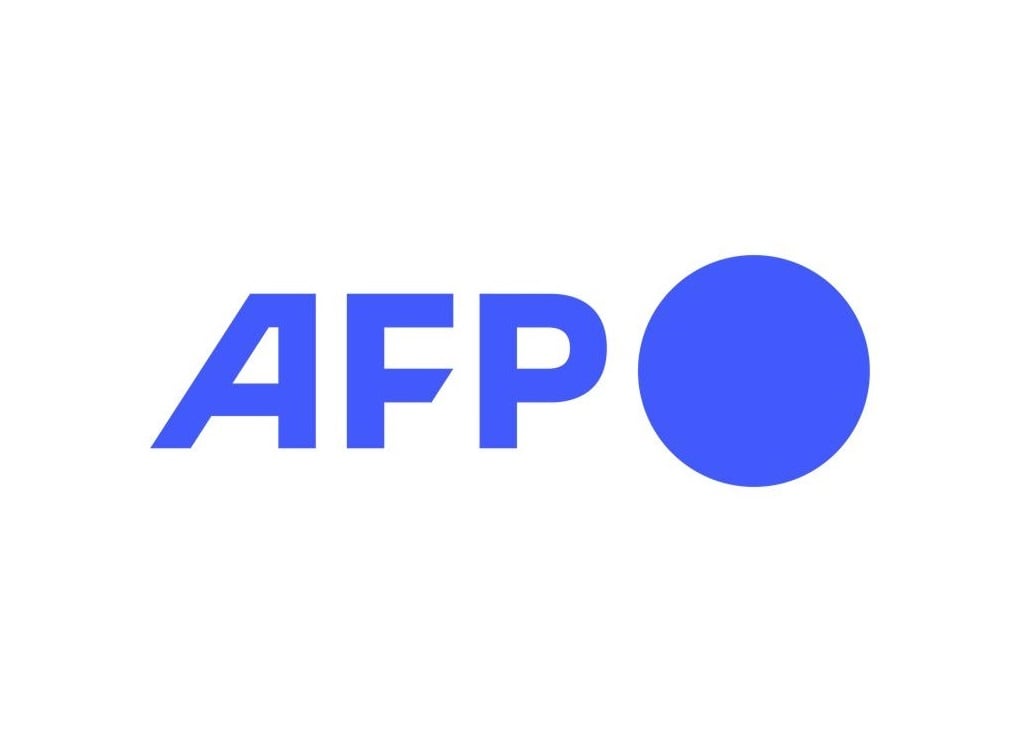MPOX is no longer an international health emergency, announces WHO

The head of the entity warned, however, that this 'does not mean that the threat has ended, nor that our response will be stopped'
By AFP 05.09.2025 12:48
The head of the World Health Organization announced on Friday 5 that Mpox , which mainly affects Africa, is no longer an international public health emergency due to the drop in the number of cases and deaths.
Mpox is a disease caused by a virus in the same family as smallpox. It is characterized by skin lesions such as pustules, fever, and muscle pain.
"Over a year ago, I declared a public health emergency of international concern over the spread of Mpox in Africa, following the advice of an emergency committee," but on Thursday, that committee considered it was no longer necessary and I accepted their advice, Tedros Adhanom Ghebreyesus said at a press conference.
"This decision is based on the sustained decrease in the number of cases and deaths in the Democratic Republic of the Congo and other affected countries, in particular Burundi, Sierra Leone and Uganda," he said.
However, the WHO chief warned that this “does not mean that the threat has ended, nor that our response will stop” .
First identified in the Democratic Republic of the Congo in 1970, Mpox remained confined for a long time to about ten African countries.
In 2022, however, it began to spread to the rest of the world, especially to developed countries where the virus had never circulated.

AFP French news agency, one of the largest in the world. Founded in 1835 as Agence Havas.
Subscribe to our newsletter and receive an exclusive morning bulletin
After difficult years , we've returned to a Brazil that feels at least a little bit normal. This new normal, however, remains fraught with uncertainty . The Bolsonaro threat persists, and the appetites of the market and Congress continue to pressure the government. Abroad, the global rise of the far right and the brutality in Gaza and Ukraine risk imploding the fragile foundations of global governance.
CartaCapital doesn't receive support from banks or foundations. It survives solely on advertising and project sales, and contributions from its readers . And your support, our readers, is increasingly crucial .
Don't let Carta stop. If you value good journalism, help us keep fighting. Subscribe to the weekly edition of the magazine or contribute whatever you can.
Subscribe to our newsletter and receive an exclusive morning bulletin
CartaCapital



